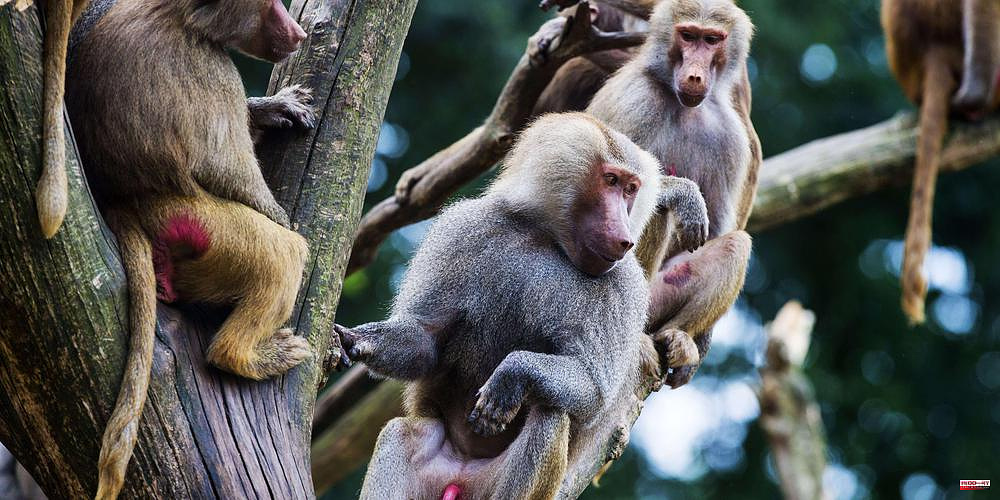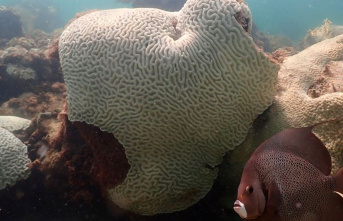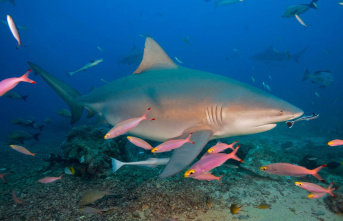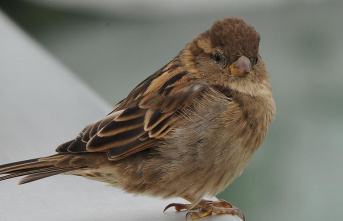You can rebuild a population by being on the right migration time, laying eggs earlier in spring and going on it at the right moment. A team of Australian National University researchers evaluated the adaptability of 19 wild mammal and bird populations during climate change in a study published in Science on Wednesday, May 25, 2015. Their evolution has been, to everyone's surprise in recent decades, two to four times faster than expected.
"We were shocked by this result since most theories suggested the natural selection processes took place over very lengthy times," says "Figaro Timothee Bonnet", a researcher at ANU and the first author of the study. Scientists from all over the globe have used long-term monitoring of wild animals to compile pedigree data. The Swiss Alps have vultures, and the yellow baboons of Kenya have collared flycatchers. In Canada, the squirrels are. All this information is stored in databases that represent 150,000 hours fieldwork.
Even though chance is still the dominant factor in evolution of species (e.g. being eaten by a predator, or by an accident), species can improve their genetic makeup in response to climate change-induced pressures. This is a lot more than the researchers believed. This remarkable development shows that climate change is as fast as the environment's rapid decline.












